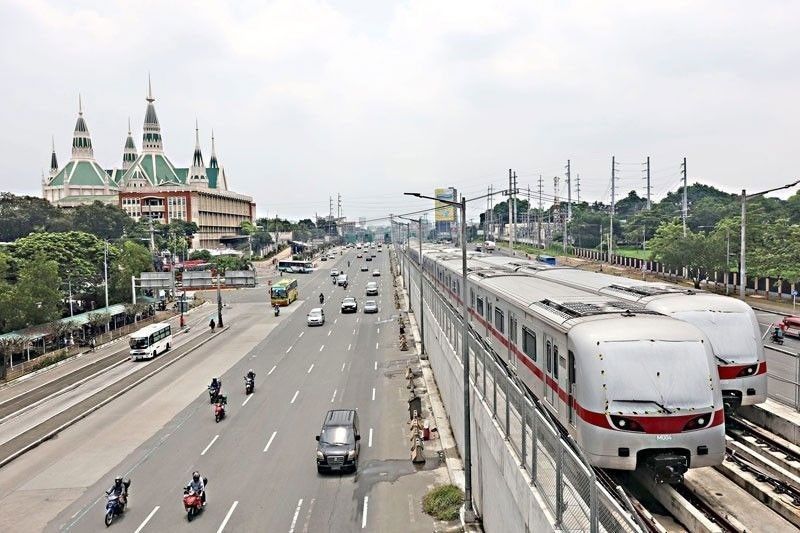Government still wants China as railway loan source

Raises doubts on Japan’s capacity to finance additional infrastructure
MANILA, Philippines — The Department of Transportation (DOTr) hopes to keep China as the funder for three railways in Luzon and Mindanao, as it doubts whether Japan can finance additional infrastructure due to its exposure to big-ticket projects. In an interview on One News’ “The Chiefs” Thursday night, Transportation Undersecretary Cesar Chavez said it may be difficult to pitch the railway projects supposed to be bankrolled by China to other financiers like Japan.
Japan, in particular, provides the funding for the P873.62-billion North-South Commuter Railway (NSCR) as well as the P488.48-billion Metro Manila Subway Project .
“Japan has already exposed itself so much in the railway projects. Japan is funding the Manila to Malolos (segment of NSCR). Japan is also funding the rolling stocks and electromechanical of the NSCR, that’s huge. The total project cost of the Calamba to Clark, that’s 147 kilometers and another 35 stations, is P873 billion,” Chavez said.
“The ADB (Asian Development Bank) is already exposed, JICA (Japan International Cooperation Agency)is already exposed. Japan is also funding the subway. It’s too much. Can Japan extend another P142 billion for the Bicol line?” he added.
China was supposed to bankroll the P50-billion Subic-Clark Railway Project, the P83-billion Mindanao Railway Phase 1 and the P142-billion PNR Bicol Package 1.
However, former finance secretary Carlos Dominguez III withdrew the government’s application for Chinese loans after Beijing failed to act on the funding requests.
Dominguez also warned the Marcos administration that China would slap more than three percent interest for the railway loans, while alternative sources, especially Japan, can offer rates of as low as 0.1 percent.
However, President Marcos directed his economic team to return to the negotiating table with China.
Last week, Transportation Secretary Jaime Bautista and Chinese Ambassador Huang Xilian agreed to restart the talks.
According to Chavez, the DOTr is waiting for the economic managers to decide whether the railway projects will be offered to China again or bid out to another financier. Another option that the government can explore is to pitch them to private firms via public-private partnership.
“The first thing we have to do for these railway constructions to push through is for the economic team, particularly the secretary of finance, to decide on the course of action,” Chavez said.
For the DOTr, Chavez said it prefers that China stays as the funding partner given the initial engagements made with Chinese contractors for the three railways.
- Latest
- Trending
































